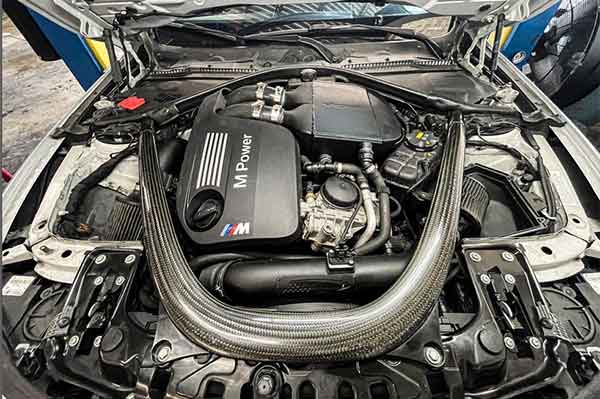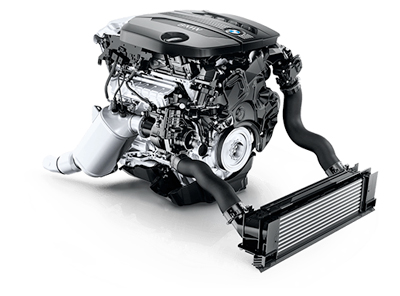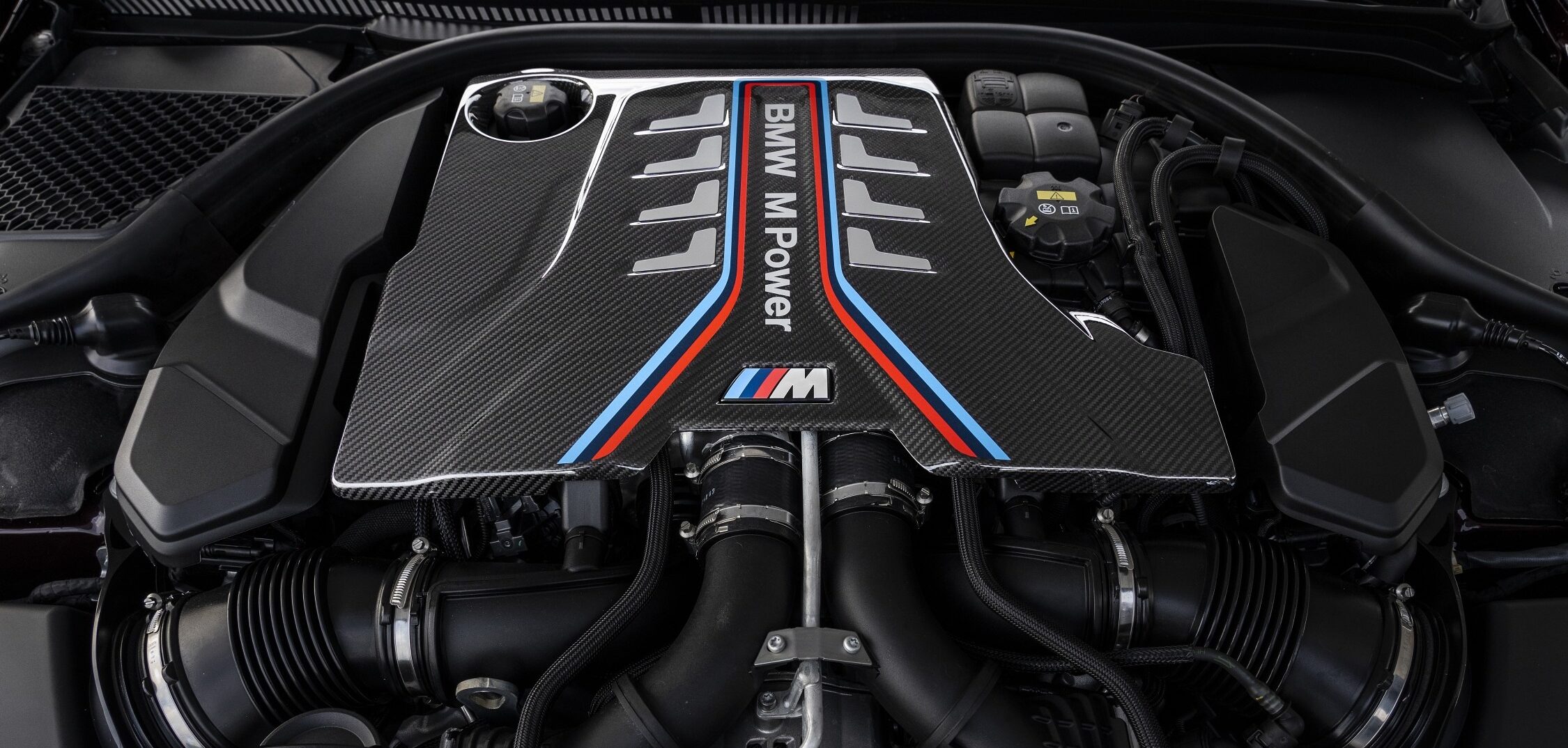Revealing the Intricacies of Next-Generation Power Units: a Deep Study Advanced Engine Designs and Innovations
As we stand on the precipice of a new age in transportation, the details of next-generation engine styles beckon us to check out the advanced modern technologies and advancements that promise to redefine the driving experience. Digging much deeper into the realms of exhaust control, smart engine monitoring systems, and the perspective of power unit advancement, we locate ourselves on the cusp of a change that promises to reshape the landscape of wheelchair as we know it.
Evolution of Engine Materials

The change towards progressed engine materials has likewise allowed engineers to make engines with greater power outputs while keeping gas performance standards. The use of light-weight materials decreases the overall weight of the engine, leading to boosted fuel economic climate and reduced exhausts. Additionally, advancements in products innovation have actually enabled better thermal monitoring within engines, leading to boosted dependability and longevity.
Turbocharging and Supercharging Technologies
Just How do Turbocharging and Supercharging Technologies reinvent engine performance and effectiveness in modern-day vehicles? Turbo charging and turbocharging are modern technologies that considerably boost engine efficiency by increasing the amount of air intake right into the burning chamber. Turbocharging attains this by using a wind turbine driven by exhaust gases to pressurize the consumption air, while turbo charging uses a belt- or chain-driven compressor to accomplish the same impact.
These innovations enable smaller sized, a lot more fuel-efficient engines to generate power equivalent to bigger ones, referred to as downsizing. By compeling even more air right into the cyndrical tubes, turbo charging and turbocharging improve combustion effectiveness, resulting in increased horsepower and torque output without a considerable boost in engine size. This leads to much better acceleration, pulling capability, and general driving performance.
Furthermore, turbocharging and turbo charging contribute to enhanced fuel performance by enabling the usage of smaller engines that take in less fuel under typical driving problems - bmw engine. This combination of enhanced efficiency and performance has made turbocharging and supercharging essential components of lots of modern engine layouts
Emission Control and Environmental Impact
With increasing global worries concerning air top quality and ecological sustainability, the execution of discharge control technologies in lorries plays a critical role in minimizing dangerous contaminants released into the atmosphere. Modern vehicles are geared up with sophisticated emission control systems that assist reduce the ecological impact of auto operations. Catalytic converters, for circumstances, are designed to transform poisonous gases such as carbon monoxide gas, nitrogen oxides, and hydrocarbons into much less harmful compounds like co2 and water vapor.
Moreover, advancements in engine technology, such as the integration of exhaust gas recirculation systems and careful catalytic decrease, have substantially added to lowering discharges. These modern technologies work in tandem to enhance combustion efficiency and lessen the launch of harmful pollutants right into the air. Additionally, the development of crossbreed and electric lorries represents bmw engine an essential step towards decreasing the general environmental footprint of the transportation market.
Intelligent Engine Administration Systems

Additionally, these systems enable vehicles to fulfill strict exhausts standards without jeopardizing efficiency, offering an extra eco-friendly driving experience. The assimilation of expert system and artificial intelligence capabilities in engine management systems proceeds to press the borders of what is possible, leading to additional enhancements in performance, reliability, and total automobile efficiency. bmw engine. As auto modern technology advances, smart engine management systems will play an important function in forming the future of transport towards a more effective and lasting direction
Future Trends in Power Device Development
As smart engine administration systems lead the way for improved control and optimization in contemporary vehicles, future trends in power unit growth are positioned to redefine the top article landscape of auto propulsion innovations. One of the essential trends driving technology in power unit development is the shift in the direction of electrification. With an enhancing emphasis on sustainability and reducing carbon exhausts, crossbreed and electric powertrains are becoming more common in the vehicle sector. These different source of power offer enhanced effectiveness and efficiency while lining up with strict ecological guidelines.
Another substantial trend is the assimilation of advanced products and producing strategies. Light-weight products such as carbon fiber and light weight aluminum are being used to reduce total automobile weight, improving gas efficiency and performance. In addition, advancements in 3D printing and additive production are allowing the manufacturing of intricate engine elements with greater precision and toughness.
Furthermore, artificial knowledge and maker learning are playing an important role in maximizing power his explanation system efficiency. These innovations permit for real-time monitoring and adaptive control, resulting in extra reliable and dependable power delivery. In general, future fads in power system advancement are tailored in the direction of efficiency, sustainability, and performance, driving the automotive market in the direction of a new period of propulsion modern technologies.

Final Thought
In final thought, the advancements in engine products, turbocharging, exhaust control, and smart management systems have paved the way for next-generation power units. The complex styles and innovations in modern engines showcase the continuous development of auto modern technology.
Exploring the modern advancements in engine materials has been critical in improving the performance and performance of modern-day engines. Over the years, the evolution of engine materials has actually played a crucial role in pressing the boundaries of what engines can achieve.The shift in the direction of progressed engine products has actually also allowed engineers to make engines with greater power outcomes while keeping fuel efficiency standards.The implementation of intelligent engine management systems in modern cars has revolutionized the method engines are managed and enhanced for efficiency and performance. By accumulating information in real-time and analyzing it with innovative algorithms, smart engine monitoring systems can adjust to driving styles, ecological factors, and engine wellness to maximize power outcome while minimizing fuel consumption and exhausts.